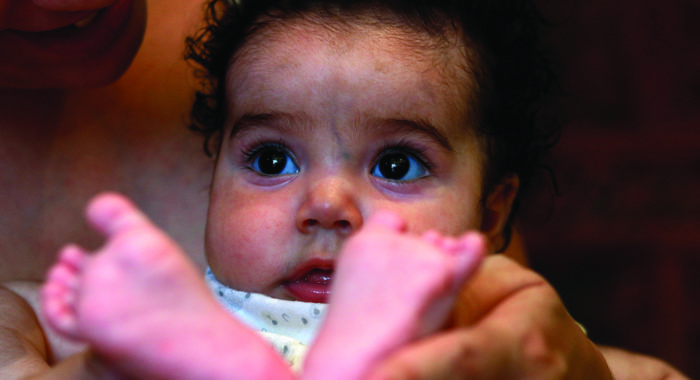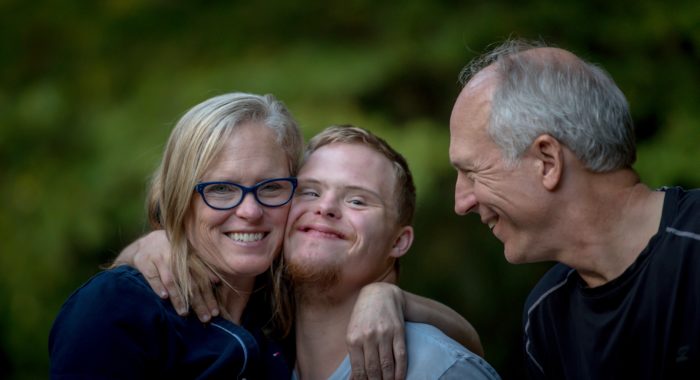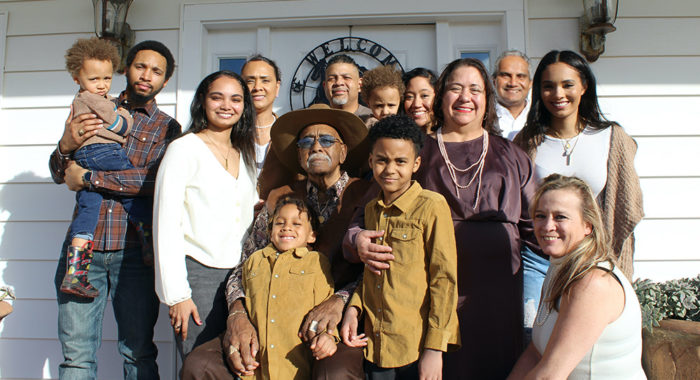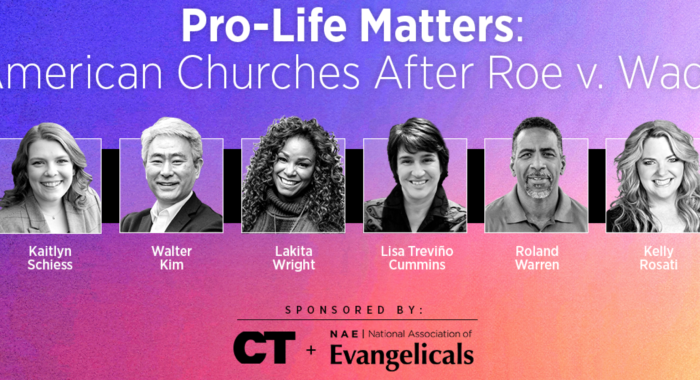
All humans, male and female, are made in the image of God (Genesis 1:27) and, therefore, have intrinsic dignity that should be respected and honored. Indeed, the breath of life in all human beings is a gift from God (Genesis 2:7) and thus inherently holy. The National Association of Evangelicals (NAE) has pledged to protect the sanctity of human life and to safeguard its nature. In light of our respect for the precious gift of life, the NAE continues to speak on the sensitive subject of abortion.
Quite simply, America has an abortion problem. Over one million abortions occur in the United States every year. [1] We find this number horrific, because it is not just a number. It represents more than a million human lives deliberately terminated every year. The Bible reveals God’s calling and care for persons before they are born (Psalm 139:13), and each life lost is a unique creation made in God’s image who might have blessed our society in extraordinary ways. We declare this situation to be unconscionable and unacceptable.
The NAE is not alone in its concerns. The broader American public long has been disturbed by abortion, and this sentiment continues today. According to a September 2008 Pew Forum on Religion & Public Life publication, “most Americans (73%) believe that abortion is morally wrong in nearly all (24%) or some (49%) circumstances.”[2] We find hope for reform in this common concern.
We recognize that well-intentioned Americans have debated for many years whether and in what circumstances abortion should be legal. Americans remain passionately divided on this subject. The NAE actively, ardently and unwaveringly opposes abortion on demand. However, we do not dismiss those who advocate for legal access to abortion as unconcerned for human life or unworthy of our respect and attention. Lack of civility and charity toward our neighbor is also unacceptable (Mark 12:31).
The NAE is pleased that some longtime opponents in the debate over the legality of abortion have expressed interest in working together to dramatically reduce the incidence of abortion in the United States. Without compromising our core convictions, we seek honest conversation about ways to achieve this goal. These conversations should build on our shared concerns for human dignity, protecting children and promoting healthy families and communities.
We understand that the problem of abortion is interconnected with other challenges in our society. Given the generative nature of human sexuality, we recognize an inherent link between respect for God’s gift of sex and respect for God’s gift of life. Sex is a precious gift from God intended for a man and a woman to consummate marriage, procreate, express love and experience pleasure within an exclusive covenantal relationship. The Church is called to teach and model the blessings of sexual purity and to uphold marriage and the family, society’s fundamental building blocks.
Pregnancy is a natural result of sexual activity and integral to God’s design and command for humans to “be fruitful and increase in number” (Genesis 1:28). If God permits a pregnancy, planned or unplanned, we should understand that God is forming a new life in his image. Sex is a responsible act only in a relationship in which a couple is willing to care for any children that can come from that union. However, in stark contrast to the biblical vision, irresponsible and flippant treatment of sex abounds in our society. It is no wonder that unplanned pregnancy similarly abounds and places many parents and their children in environmentally, economically and emotionally precarious states.
We recognize the pain, fear and even anguish that sometimes accompany an unplanned pregnancy. The parents, particularly when they are young or unmarried, are often overwhelmed by the sacrifices that would be required to care for a young life. In too many cases, fathers desert their partners and unborn children as soon as pregnancy is discovered. Abandoned pregnant mothers may feel hopeless in the face of the daunting challenges of single parenting. Sadly, many fathers and mothers in these situations each year turn away from the joys and responsibilities of parenting or the alternative of adoption, and many then bear heavy burdens stemming from those decisions for years to come.
Approximately half of all pregnancies are unplanned, and more than 40 percent of these three million unplanned pregnancies are aborted. This accounts for the vast majority of America’s abortions every year. [3] Any serious attempt to reduce the number of abortions must therefore come to terms with unplanned pregnancy, the pandemic of extramarital sex and the complex issues surrounding contraception and other family planning methods. Where couples are not willing to accept the responsibilities of parenting, they should educate themselves about ethical methods of family planning. The Church is understandably reluctant to recommend contraception for unmarried sexual partners, given that it cannot condone extramarital sex. However, it is even more tragic when unmarried individuals compound one sin by conceiving and then destroying the precious gift of life. Witness the far-reaching consequences to King David’s sins of adultery and murder. [4]
In some cases, couples embracing pregnancy face diagnoses of potential complications for their prenatal child. Too often these diagnoses are accompanied by suggestions towards abortion. For example, prenatal diagnoses of Down syndrome result in abortion in approximately 90 percent of such situations. [5] We are deeply saddened not only by such a staggering trend but also its subtle eugenic implications. Parenting a child with physical or developmental difficulties can be a significant challenge but also a great blessing. We believe churches should strive to be communities offering extra love and support for families who conceive or adopt special needs children.
We do not wish to exalt a one-size-fits-all approach to abortion reduction. Rather, we urge church leaders, always with a mind to honor God’s gifts of life and sex and his holy institutions of marriage and family, to seek out strategies appropriate for their congregations and communities.
We are grateful for those already working in ministries supporting children and youth, pregnancy care, adoption, single parents and parents of children with special needs, poverty relief, biblically sound family planning, sexual purity and accountability, and marriage strengthening. Each of these ministries can contribute to reducing the number of abortions. We commend the NAE’s “Theology of Sex” as a publication to aid evangelicals in properly understanding and cherishing human sexuality, building strong families, respecting human dignity and celebrating the precious gift of life. Moreover, we commission the NAE Generation Forum to encourage evangelicals and society-at-large toward cooperative efforts and practical solutions that create an environment where sex is honored, life is cherished, parents are supported and the number of abortions is reduced.
[1] Jones, Rachel K. et al. “Abortion in the United States: Incidence and Access to Services, 2005.” Perspectives on Sexual and Reproductive Health. http://www.guttmacher.org/pubs/journals/4000608.pdf. Vol. 40 (1), March 2008.
[2] Smith, Gregory and Allison Pond. “Slight but Steady Majority Favors Keeping Abortion Legal; Most Also Favor Restrictions.” Pew Forum on Religion & Public Life. http://pewresearch.org/pubs/959/slight-but-steady-majority-favors-keeping-abortion-legal. September 16, 2008.
[3] “Briefly… Unplanned Pregnancy in the United States.” The National Campaign to Prevent Teen and Unplanned Pregnancy. May 2008.
[4] 2 Samuel 11
[5] Mansfield et al. “Termination rates after prenatal diagnosis of Down syndrome, spina bifida, anencephaly, and Turner and Klinefelter syndromes: a systematic literature review.” PubMed http://www.ncbi.nlm.nih.gov/pubmed/10521836. September 1999.



 View All Updates
View All Updates 




























